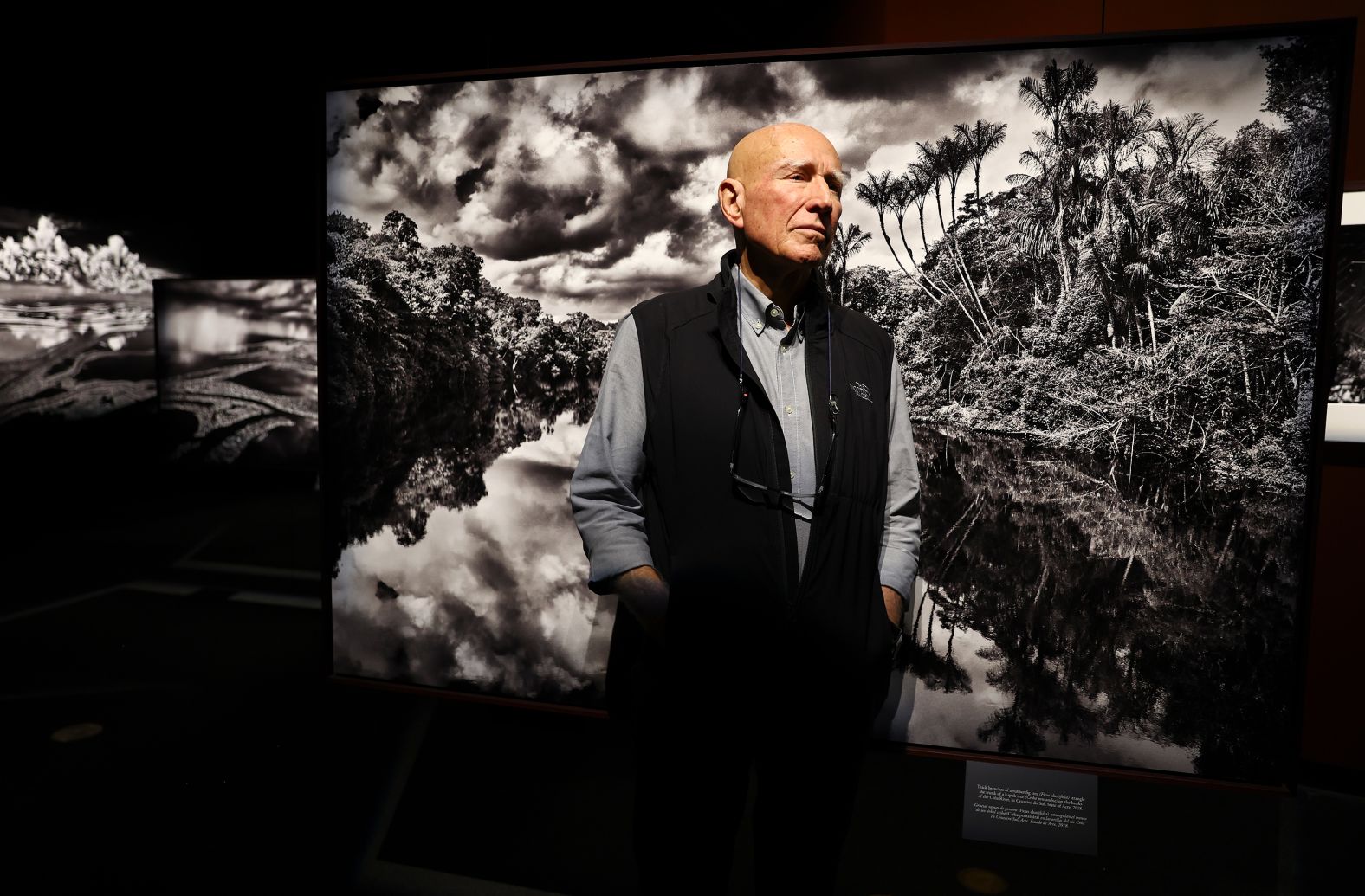- TV
AOLWhat is the 80% rule for homeowners insurance? Strategies to close the coverage gap
时间:2010-12-5 17:23:32 作者:Culture & Society 来源:Stocks 查看: 评论:0内容摘要:Ongoing operations by state forces have significantly weakened the Maoist military infrastructure in their strongholds in southern Chhattisgarh. Cadres and leaders are now being killed regularly, reflecting the rebels' growing inability to defend themselves.Ongoing operations by state forces have significantly weakened the Maoist military infrastructure in their strongholds in southern Chhattisgarh. Cadres and leaders are now being killed regularly, reflecting the rebels' growing inability to defend themselves.
"As an infectious disease doctor, I see appropriate use as one part - but only one part - of access," says Dr Ghafur. "When we get new antibiotics, it's important to save them on one hand - and save them for right patients."Clearly, the challenge is not just to use antibiotics wisely, but to ensure they reach those who need them most.

A "mass casualty influx" of people, many with gunshot or shrapnel wounds, was received at a Red Cross field hospital in southern Gaza, the organisation said, following disputed reports about an incident near an aid distribution centre in Rafah.The International Committee of the Red Cross (ICRC) said 21 people were "declared dead upon arrival" while women and children were among 179 cases.The organisation's statement came after the Hamas-run civil defence agency in Gaza said at least 31 people were killed and many more wounded in the incident, which it blamed on "Israeli gunfire" targeting civilians.

But the Israel Defense Forces (IDF) said findings from an initial inquiry showed its forces had not fired at people while they were near or within the aid centre.The IDF also released drone footage it said showed armed and masked men throwing stones and shooting at civilians while they were collecting aid in the nearby city of Khan Younis. The BBC could not immediately verify the footage.

Israel does not allow international news organisations, including the BBC, into Gaza, making verifying what is happening in the territory difficult.
The group that runs the aid distribution centre, the Gaza Humanitarian Foundation (GHF), also denied the claims of injuries and casualties at its site and said they had been spread by Hamas.But the homecoming was marred when assailants broke into Ngũgĩ's apartment, brutally attacking the author and raping his wife.
He returned to the US, where he had held professorships at universities including Yale, New York and California Irvine.In academia and beyond, Ngũgĩ became known as one of the foremost advocates of literature written in African languages.
Throughout his career - and to this day - African literature was dominated by books written in English or French, official languages in most countries on the continent."What is the difference between a politician who says Africa cannot do without imperialism and the writer who says Africa cannot do without European languages?" Ngũgĩ asked in a seminal, fiery essay collection, named Decolonising the Mind.
- 最近更新
- 2025-07-07 10:12:44The woman raising 98 children with disabilities in Uganda
- 2025-07-07 10:12:44Lake Chad Basin: Violence and displacement
- 2025-07-07 10:12:44Ten-man Real Madrid beat Pachuca 3-1 for first win of Club World Cup
- 2025-07-07 10:12:44PetHelpfulAdorable rescue piggy who thinks they’re a puppy has the cutest morning greeting
- 2025-07-07 10:12:4435 minutes ago Report: Iran state media say attack has begun on U.S. bases in Qatar and Iraq
- 2025-07-07 10:12:44Photos: Kenyan police shoot bystander at close range during latest protests
- 2025-07-07 10:12:44New Sri Lanka mass grave discovery reopens old wounds for Tamils
- 2025-07-07 10:12:44Photos: Kenyan police shoot bystander at close range during latest protests
- 热门排行
- 2025-07-07 10:12:44allow you to adjust your full coverage
- 2025-07-07 10:12:44Pakistanis flee Iran amid Israel-Iran war border closure
- 2025-07-07 10:12:445 ways the Federal Reserve's decisions can affect your wallet
- 2025-07-07 10:12:44Niger to nationalise uranium mine operated by French state-affiliated firm
- 2025-07-07 10:12:44How the Fed rate affects your savings accounts
- 2025-07-07 10:12:44Guardiola wants more after Man City thump Al Ain at Club World Cup
- 2025-07-07 10:12:44Anker Surge Protector Power Strip$24$36Save $12with coupon
- 2025-07-07 10:12:44Why India refused to join SCO condemnation of Israel’s attacks on Iran
- 友情链接
- ‘ESD’: an investor framework for an era of upheaval Trump and Tehran can still make a deal Next week’s development finance conference in Seville is unlikely to deliver much Travel outside your political tribe? Many are saying no thanks Will the courts rain on Trump’s parade? Sign up for Swamp Notes, our newsletter on the intersection of money and power in US politics Farage to offer non-doms £250,000 fee to avoid UK tax for life The raids attacked research and centrifuge arrays that Tehran has built up over decades The truth about Mark Zuckerberg’s macho-man makeover Trump’s fateful choice on Iran The truth about Mark Zuckerberg’s macho-man makeover Trump gambles his presidency as US enters war with Iran Private equity group KKR trumped by rival bidders in Spectris and Assura deals Keir Starmer’s balancing act on Iran risks political pain at home Premier had refused to increase military expenditure to 5% of GDP to placate Donald Trump The 10 most entertaining terraces in London Trump faces backlash from Maga base Private equity group KKR trumped by rival bidders in Spectris and Assura deals Elevate your dining experience, whether you’re watching Wimbledon, Wicked, or the sun go down Also in this newsletter: How the Iran crisis affects Europe Campaigners launch legal challenge to Thames Water reservoir plan Reform UK policy would transfer money directly to poorest 10% Advent agrees £4.4bn takeover of London-listed Spectris Trump tracker: the latest data on US tariffs, trade and economy Who has Trump’s ear on Iran? Japanese politics & policy Building the product shelf of the future Appreciation would suit Beijing’s global ambitions for the currency Trump and Tehran can still make a deal Real success for Trump in Iran will require de-escalation
